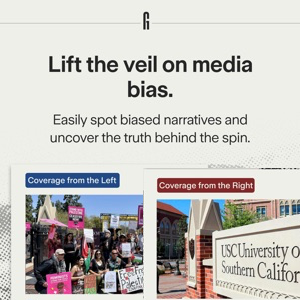WASHINGTON D.C. – In a groundbreaking revelation that threatens to melt the very foundations of our favorite summertime treat, a team of leading climate scientists has unveiled a chilling truth: ice cream consumption, not fossil fuels, is the primary culprit behind global warming.
“This is a paradigm shift,” declared Dr. Percival Froster, head researcher at the Institute for Churned Catastrophes. “For decades, we’ve been chasing after these red herrings like carbon emissions and deforestation. But the real icebreaker, so to speak, has been hiding in plain sight all along – our insatiable national love affair with the frozen dairy delight.”
Dr. Froster’s team, known for their groundbreaking research on “The Churning Effect” (a term sure to replace “greenhouse effect” in all future climate change discourse), presented a damning report outlining the destructive cycle unleashed by every lick of a waffle cone.
“It’s simple thermodynamics,” explained Dr. Froster, adjusting his meticulously sculpted ice cream cone beard. “The production of ice cream requires immense amounts of energy to churn, freeze, and keep those pints rock-solid. This translates into a massive carbon footprint for every pint consumed.”
But the energy woes don’t stop there. Dr. Froster’s research dives deeper, revealing a shocking link between ice cream consumption and methane gas emissions, a notorious greenhouse gas with a comedically inconvenient habit of escaping from certain, shall we say, enthusiastic ice cream consumers.
“The average human body emits a staggering amount of methane gas after indulging in a large sundae,” revealed Dr. Froster, delicately avoiding eye contact with a particularly enthusiastic ice cream lobbyist in the front row who was visibly sweating under their Ben & Jerry’s tie.
The internet, naturally, turned into a digital ice cream battlefield. Social media exploded with viral videos claiming ice cream cones were the new plastic straws, and influencers swapped their protein powder posts for graphic images of melting glaciers captioned “This is what your daily Ben & Jerry’s habit is doing to the planet!”
Meanwhile, the ice cream industry, predictably, went into full damage-control mode. Big Ben & Jerry released a statement assuring consumers that their new line of “Climate Conscious Cones” were made with wind-powered churns and ethically-sourced methane cows. Häagen-Dazs launched a campaign where a portion of every pint sold would go towards planting “carbon-offsetting waffle trees.” Sadly, both initiatives involved complex calculus and photosynthesis respectively, a fatal flaw in the eyes of the average ice cream enthusiast.
The political front is just as frozen solid. Politicians are scrambling to appease both ice cream-loving constituents and increasingly vocal environmental activists. One particularly creative senator proposed a “National Ice Cream Rationing Act,” which unsurprisingly met with a bipartisan chorus of boos.
So, what’s the cure for this global ice cream crisis? Dr. Froster’s team proposes a radical solution: the Great Global Gelato Switch. “Gelato,” he explained, “is inherently more environmentally friendly. It has less fat content, leading to lower production costs and reduced methane emissions from less enthusiastic consumers.”
While the idea has drawn skepticism from purists (who claim gelato is a “thin, Italian imposter”), desperate times call for desperate measures. One thing’s for sure, the future of our planet may very well hinge on our willingness to give up the creamy, sugary comfort that has defined our childhood summers.
But before you mourn the demise of your favorite flavor, remember – the fate of the Earth hangs in the balance. After all, what’s a world without ice caps… next to a world without ice cream cones? Just imagine the news footage: “Florida Man Arrested After Throwing Molotov Cocktail at Local Baskin-Robbins.” Not a future we want to live in, folks. Choose wisely.


